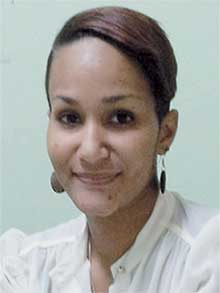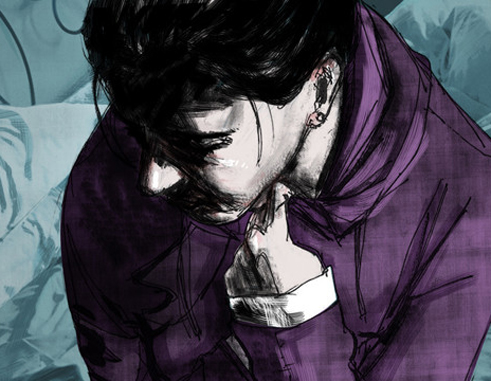
This week’s article, we will continue using material from the book, The Courage to Heal: A Guide for Women Survivors of Child Sexual Abuse by Ellen & Laura Davis. Today we will discuss the importance of learning to ask for help and of the importance of building a good support network. We have discussed how we work on coping, which generally entails ways in which we can work on dealing with our traumatic experiences alone.
Today’s topic seeks to discuss how we are able to deal with our traumatic experiences with the help of others. Support is an integral part of how we exist in the world. When things are difficult, being able to rely on someone to listen and help you through the situation is important. Survivors of trauma often find it difficult to reach out and share what they are going through. This can be even more difficult for survivors of sexual violence, who feel isolated by what was done to them. Many find themselves feeling alone, believing that no one will understand or believe them. Many survivors of sexual violence struggle in silence to deal with the ramifications of the assault inflicted upon them through no fault of their own.
Before I continue, I would like to take the time to explain that the crime of sexual violence is a crime committed against the will of the individual/individuals who the assault was inflicted on. The crime isn’t one to be shared; the victim didn’t cause their sexual assault. An assault is an attack on someone else. It can be verbal, physical, emotional or psychological. Sexual assault is the decision by an individual to sexually violate another regardless of age, gender, sexual orientation, religion, economic status, etc. It is an attack perpetrated against the will of the victim. Any culture that blames the victim for the crimes committed against them perpetuates rape culture. Any individual blaming the victim for the crimes committed against them is victim blaming.
To clarify and educate, rape culture refers to an environment where sexual violence is trivialized, normalized, condoned and excused due to the society’s views on gender and sexuality. Victim blaming occurs when the victim of a crime is either partially or entirely blamed for the crime/crimes committed against them. Both victim blaming and rape culture make it difficult for a survivor/victim to seek help and build a support system. Cultures practicing rape culture and condoning victim blaming rarely value females as equal to their male counterparts and hold little regard for the protection of the female body. They see females as culpable in the crimes committed against them; they view males who become victims as weak. They create a culture that makes sexual violence okay, that blames children for getting pregnant due to statutory rape, and women for causing their rapist to forcibly violate them. They create a culture that creates excuses for those who commit crimes of sexual violence. Cultures like this make survivors afraid to seek support, afraid to trust, afraid to share.
It is never easy to put yourself out there to find help or build a support system. It makes us feel vulnerable, transparent, maybe out of control, and unsure of what to expect. Having survived a traumatic experience can make the decision to seek help scary. So much is systematically built into what is expected of you, of what you’re doing or expected to do, how you’re allowed to act, and what you are expected to share. Survivors of sexual violence may feel intimidated by what may happen should they seek help and share what they have been through. They may worry about how their loved ones will react, how they will be affected by the news of a sexual assault, etc.
While it is difficult, finding a support system is extremely important. As a survivor, you may become an expert in taking care of yourself, and being your own cheerleader. It can however become very lonely and on the days when things are really bad, having someone call and check on you can be extremely comforting and reassuring. The support system can be the thing that helps pull you out on your darker days. A support system helps you continue to build healthy relationships, and it will help you realise that no matter what you are not alone. Whether you choose to utilize your support team all the time or periodically, knowing that it is an option may help put your mind at ease. It will take time to get comfortable with the notion of sharing what is causing you pain. It will take time to feel that you can trust, and that’s ok. This process runs on your timeline, at your pace, with what makes you comfortable along the way. You decide who you let in, how much you share and when you share. This is your process.
If you are interested in finding out more information about sexual violence and what you can do as part of this community, please feel free to contact PROSAF.





![Simón Bolívar - Liberator of the Americas [Photo credit: Venezuelan Embassy]](https://thevoiceslu.com/wp-content/uploads/2025/12/Simon-Bolivar-feat-2-380x250.jpg)



